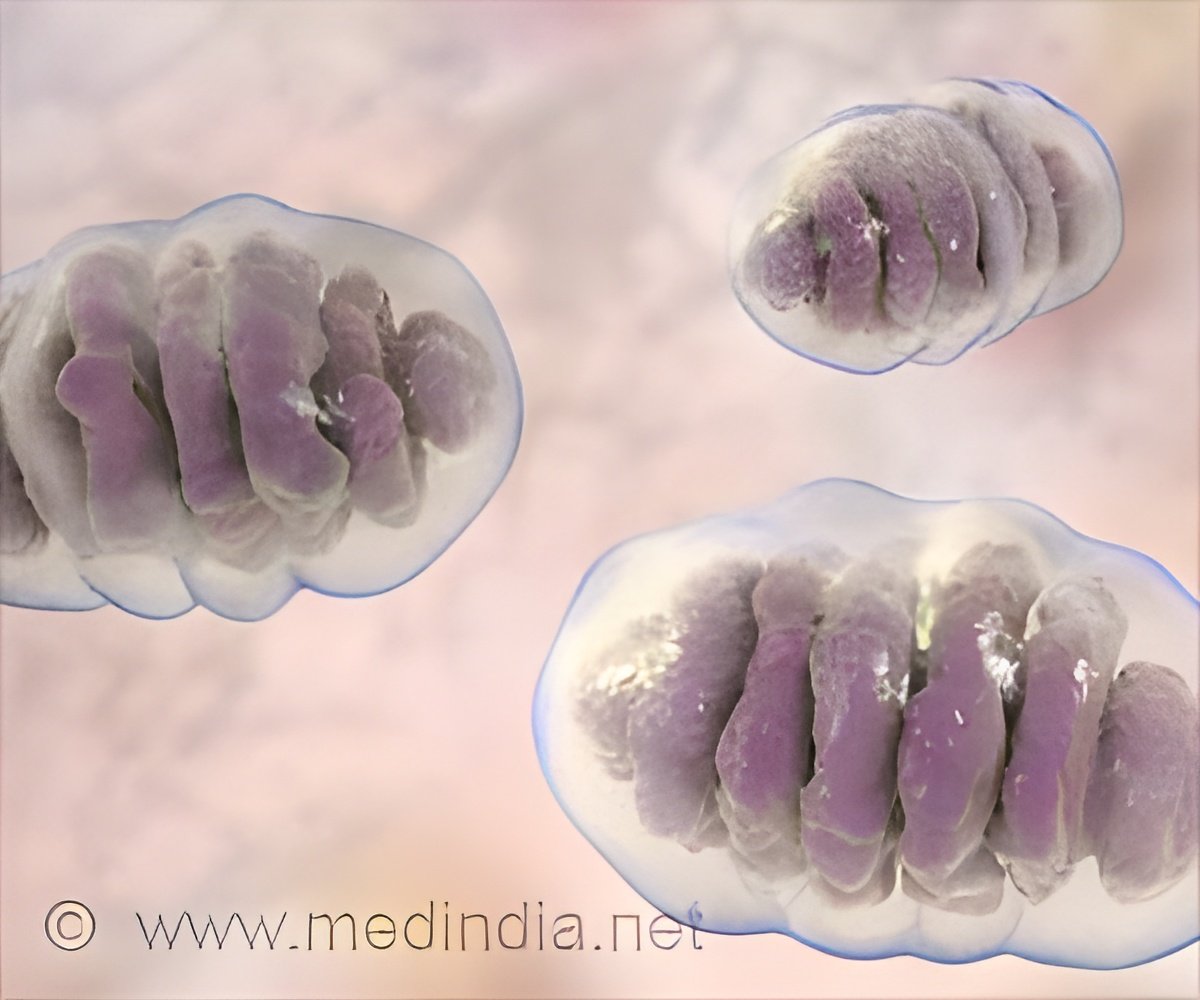Impaired biological clock and mitochondrial function contribute to the dystrophic pathology in muscles of Duchenne muscular dystrophy (DMD) patients.

‘Impaired oxidative capacity and mitochondrial function contribute to the dystrophic pathology in muscles of Duchenne muscular dystrophy (DMD) patients. This is significantly contributed by the regulation of the core clock and mitochondrial quality control.
’





The diurnal variations in our circadian/biological clock regulate the growth of muscles. And the disrupted core clock expression is found to be greatly associated with mitochondrial (energy supply of cells) quality control as per the emerging pieces of evidence. However, this link is not established in muscles that lack dystrophin. Muscle Clock and Muscular Dystrophy
The relationship between diurnal regulation of muscle core clock and mitochondrial quality control expression was examined in 18 mdx mice – an established model of DMD for every 4 hours beginning at the dark cycle.
It was found that throughout the entire light-dark cycle, the two specific leg muscles (extensor digitorum longus and tibialis anterior muscles) of the mdx mice showed decreased core clock mRNA expression and disrupted mitochondrial quality control mRNA expression.
The expressions of proteins were also found to be dysregulated in the mdx mice.
Advertisement
Source-Medindia













